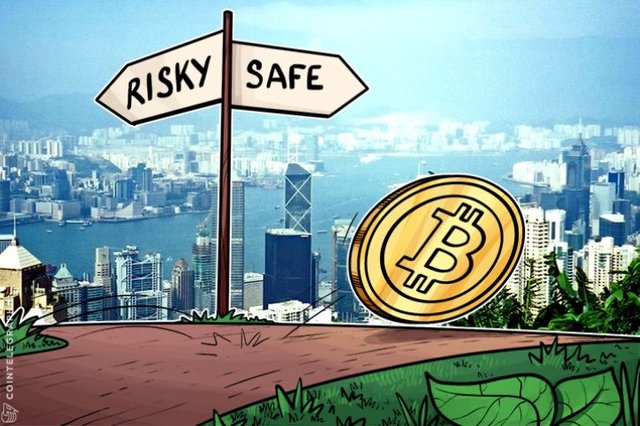Bitcoin Changed From Risky to Safe Investment: Hong Kong Exchange Executive

Thomas Glucksmann, head of marketing at Hong Kong-based Bitcoin exchange Gatecoin, believes that the public image of Bitcoin has transformed from a risky to safe investment. In an interview, Glucksmann said:
“It’s funny how the whole narrative of bitcoin being risky or dangerous has changed, and it is now seen as a form of pride to regulate and embrace it.”
Over the past year, six countries including Malta, Japan, Australia, China, the Philippines and South Korea have addressed the regulatory issues surrounding Bitcoin. Some countries have officially recognized Bitcoin as a legal currency while others have described Bitcoin as a payment network and remittance method.
An important component which can be found in the regulatory frameworks designed for Bitcoin by the six abovementioned countries is the efforts of governments to ease and simplify the process of using, trading and establishing a business around Bitcoin and digital currencies. Most recently, Australia removed double taxation on Bitcoin after realizing that heavy taxation and overly complex policies imposed on Bitcoin led to a decline in the Australian digital currency industry and its businesses.
Thank you for the useful information.At the beginning, Bitcoin is regarded as risky currency and most of the countries are not willing to use but after serveral time Bitcoin tells us it is reliable currency and has high security, more and more people are willing to invest in Bitcoin. I hope this situation will be continued.
Thanks for sharing! It is true that Bitcoin started off a risky investment, as it's only a bunch of codes and numbers. But as more and more people participate, along with the actual, real capital they invest, Bitcoin and other crytocurrencies are gaining public acceptance and gradually developing itself as one safe investment.
Long term strategy is to buy all Bitcoin dips.
The switch from being seen as a risky outlier to a trusted investment is huge. It seems as if the Asians are quicker to make this switch than investment managers in the US/EU.